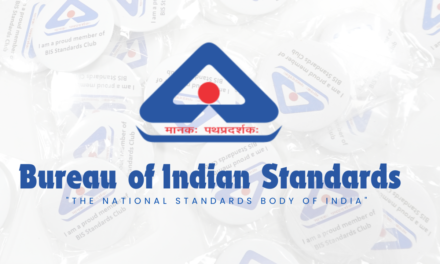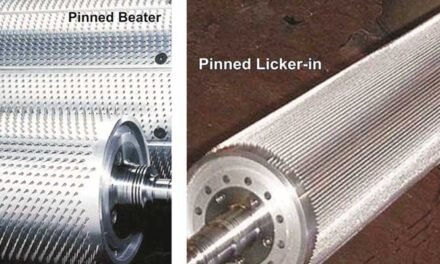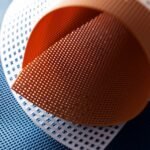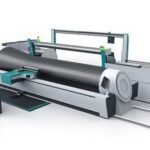What testing equipment is essential for technical textiles like geotextiles and automotive textiles?
For technical textiles like geotextiles and automotive textiles, specialized testing equipment is essential to evaluate their mechanical properties, durability, and performance under various conditions. These textiles must meet specific standards based on their intended application, such as soil stabilization, drainage, or automotive upholstery. Below are the key types of testing equipment used:
1. Tensile Testing Machine:
- Purpose: Measures the strength and elongation of textiles under tension.
- Application: Used for testing the tensile strength and stretchability of geotextiles and automotive textiles, especially for applications where high durability is critical.
- Equipment: A universal testing machine (UTM) with grips to hold the fabric and sensors to measure the force applied during stretching.
2. Abrasion Resistance Tester:
- Purpose: Assesses the ability of the fabric to resist wear and tear under friction.
- Application: Automotive textiles, like upholstery, need to withstand constant friction from passengers, while geotextiles need to resist abrasive forces from soil and rocks.
- Equipment: Taber Abrasion Tester or Martindale Abrasion Tester, which simulates wear through controlled friction.
3. Puncture Resistance Tester:
- Purpose: Tests the ability of a fabric to resist punctures or penetration under pressure.
- Application: Critical for geotextiles used in landfill liners or drainage systems, and automotive textiles used in seats and carpets.
- Equipment: A puncture resistance tester with a pointed probe is used to measure the force required to puncture the textile.
4. UV Resistance Tester:
- Purpose: Evaluates the fabric’s resistance to degradation caused by ultraviolet (UV) light exposure.
- Application: Important for geotextiles used outdoors and automotive textiles exposed to sunlight through windows and sunroofs.
- Equipment: Xenon Arc Tester or UV Weathering Tester simulates prolonged exposure to UV radiation.
5. Permeability Tester:
- Purpose: Measures the flow of air or water through a fabric.
- Application: For geotextiles, permeability is vital for filtration and drainage functions. Automotive textiles, such as seat coverings, may require air permeability tests to ensure comfort.
- Equipment: Constant Head Permeability Apparatus (for water) or Air Permeability Tester (for air).
6. Flammability Tester:
- Purpose: Assesses the fabric’s resistance to ignition and burning.
- Application: Essential for automotive textiles (like seats and upholstery), where fire resistance is a key safety factor.
- Equipment: Flame Tester (e.g., ASTM D 6413), which measures the fabric’s ability to resist ignition and burning.
7. Dimensional Stability Tester:
- Purpose: Measures the change in fabric dimensions when subjected to washing, stretching, or other environmental factors.
- Application: For automotive and geotextiles, fabrics need to maintain their shape and integrity after exposure to water or heavy mechanical forces.
- Equipment: Shrinkage Tester or Dimensional Stability Tester, which simulates the impact of washing or stretching.
8. Weathering Tester:
- Purpose: Simulates environmental conditions like temperature, humidity, and exposure to weather.
- Application: Important for assessing the long-term durability of outdoor geotextiles and automotive textiles used in sunshields or convertible tops.
- Equipment: Accelerated Weathering Tester (e.g., QUV Weathering Tester) or Xenon Arc Tester.
9. Tear Strength Tester:
- Purpose: Measures the fabric’s resistance to tearing when subjected to force.
- Application: Automotive textiles like seat covers and geotextiles used in construction and landscaping require tear resistance.
- Equipment: Elmendorf Tear Tester or Tensile Tear Tester.
10. Environmental Stress Crack Resistance (ESCR) Tester:
- Purpose: Tests a textile’s resistance to environmental stress cracking, especially under harsh conditions.
- Application: Important for geotextiles used in underground or harsh environmental conditions.
- Equipment: ESCR Test Setup with exposure to stress conditions like tension, heat, or chemical environments.
These testing devices ensure that technical textiles meet the required standards for performance, durability, and safety in specialized applications such as construction, automotive interiors, and other high-performance uses.







